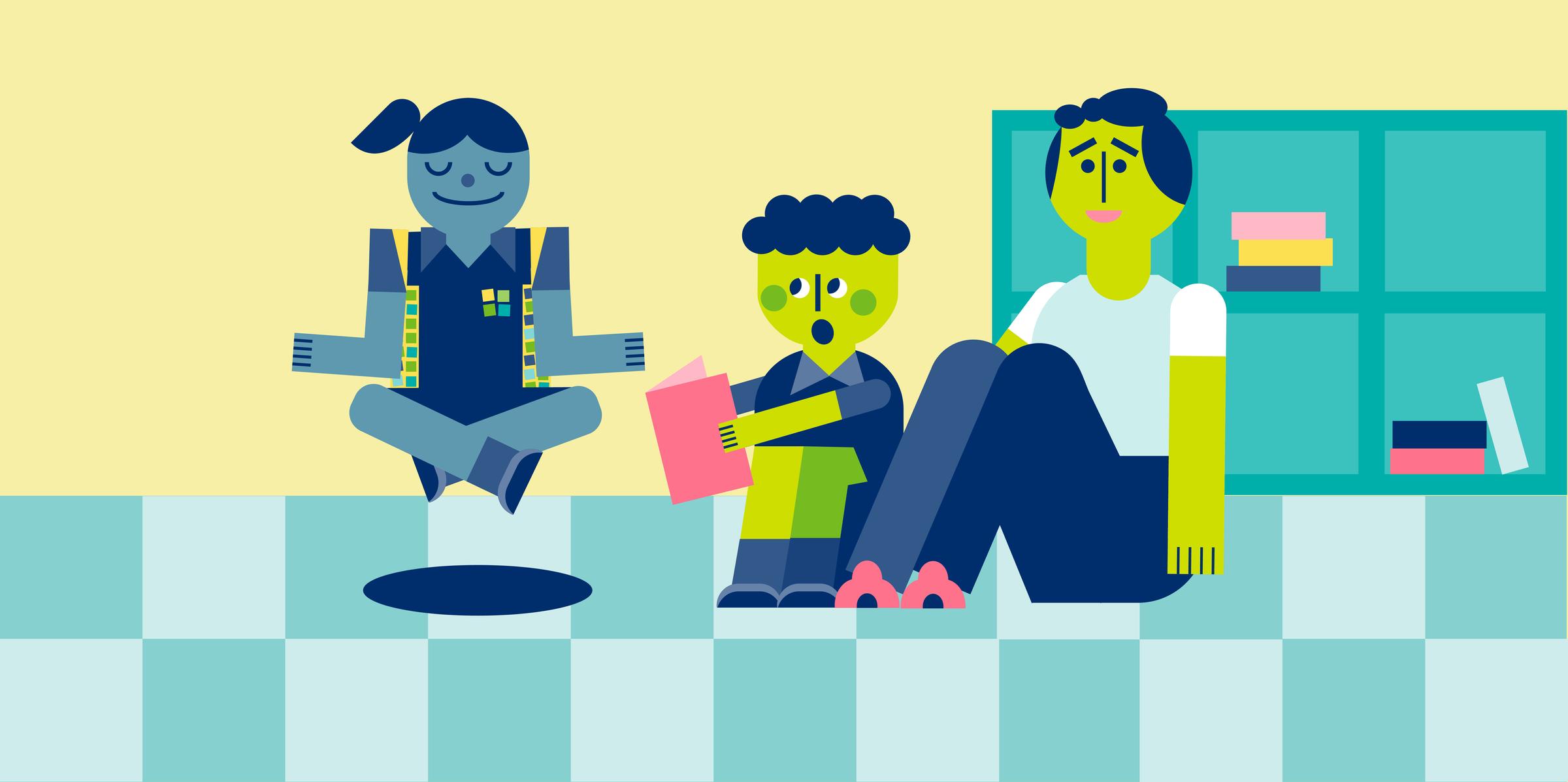The Wellbeing Page
Supporting students to stay happy, safe and connected...

The Wellbeing Page
Supporting students to stay happy, safe and connected...
Coming back to school after the holidays requires resilience from children (and adults!). We need to adapt to different routines, persevere when our work gets challenging, and recover quickly from making mistakes or perhaps having different perspectives to our peers.
Resilient children are less likely to avoid problems or deal with them in unhealthy ways, like getting defensive or aggressive or intentionally hurting themselves. Resilient children are also likely to have better physical and mental health than children who struggle to be resilient.
Here are some ways to encourage and develop resilience in your child:
Why is resilience good for children?
Children who are resilient can recover from setbacks and get back to living their lives more quickly. And when children overcome setbacks and problems, it builds their confidence and helps them feel more capable the next time a problem comes up.
Resilient children are often good at solving problems and learning new skills. This is because they’re more willing to try again even if things don’t go the way they want the first time.
And when things don’t go well and children feel anxious, sad, disappointed, afraid or frustrated, resilience helps them understand that these uncomfortable emotions usually don’t last forever. They can experience these emotions and know they’ll be OK before too long.
How can I build resilience in my child?
Children learn resilience through experience. Each time your child overcomes a problem, it builds their confidence in their ability to handle the next challenge.
Here are some ways you can build your child’s resilience:
This information comes from the Raising Children website below. Click the link to read more about building resilience in children.